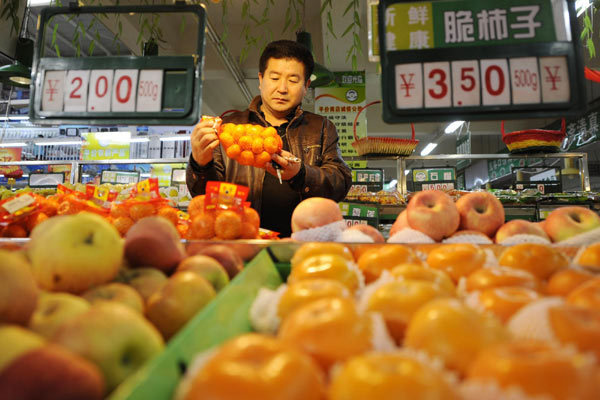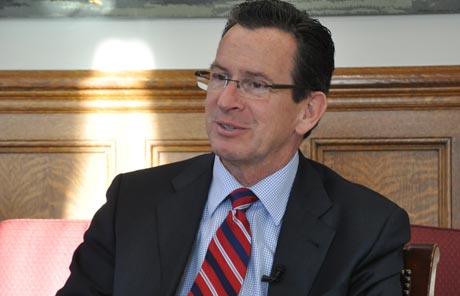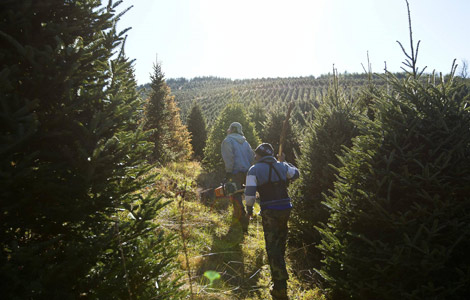China's November inflation rises to 2%
Updated: 2012-12-09 11:41
(Xinhua)
|
||||||||
 |
|
Alocal resident buys fruit at a market in Yinchuan, the capital of Northwest China's Ningxia Hui autonomous region, Dec 5, 2012. [Photo/Xinhua] |
BEIJING - China's consumer price index (CPI), a main gauge of inflation, grew 2 percent year on year in November, the National Bureau of Statistics announced Sunday.
The inflation rate rose from a 33-month low of 1.7 percent in October as food prices increased.
On a month-on-month basis, November's CPI rose 0.1 percent from the previous month, according to a statement posted on the website of the NBS.
"The November growth rate was largely attributable to a surge in food costs," said Wang Jun, an expert with the China Center for International Economic Exchanges.
Food prices, which account for nearly one-third of the weighting in the calculation of China's CPI, rose 3 percent in November from one year earlier, pushing the index up 0.95 percentage points.
Vegetable prices jumped 11.3 percent year on year in November as cold weather disrupted supplies, pushing the CPI up 0.27 percentage points. Prices for aquatic products gained 4.9 percent from one year earlier, according to the statement.
Excluding food prices, China's CPI edged up 1.6 percent.
Wang forecast that China's economy will expand by 7.8 percent in 2012 and that the CPI will reach around 2.8 percent for the entire year, well below the government's target of keeping inflation under 4 percent.
"A combination of low inflation and modest economic growth is surely a desirable outcome for China in the difficult year of 2012," according to Wang.
In the first 11 months, the CPI grew 2.7 percent year on year on average, marking a decline from the 3.3-percent rise in the first half of the year.
The NBS said in the same release that China's producer price index (PPI), which measures inflation at the wholesale level, fell 2.2 percent year on year in November.
It marked the ninth straight month of decline after the PPI dropped in March for the first time since December 2009.
However, the decline was smaller than the 2.8-percent decrease in October, indicating that the economy has been stabilizing.
The November PPI figure was in line with the country's latest purchasing managers index, which rose to 50.6 percent in November from 50.2 percent in October, suggesting that manufacturing activity has improved.
A mild rise in the CPI and a recovery in factory-gate prices may dampen expectations of further policy loosening as the economy recovers.
In order to buoy growth, the central bank lowered benchmark interest rates twice this year, cut banks' reserve requirement ratios by 100 basis points and pumped liquidity into the market.
Related stories:
China's November PPI drops 2.2%
Inflation expected to rebound in Nov: experts











